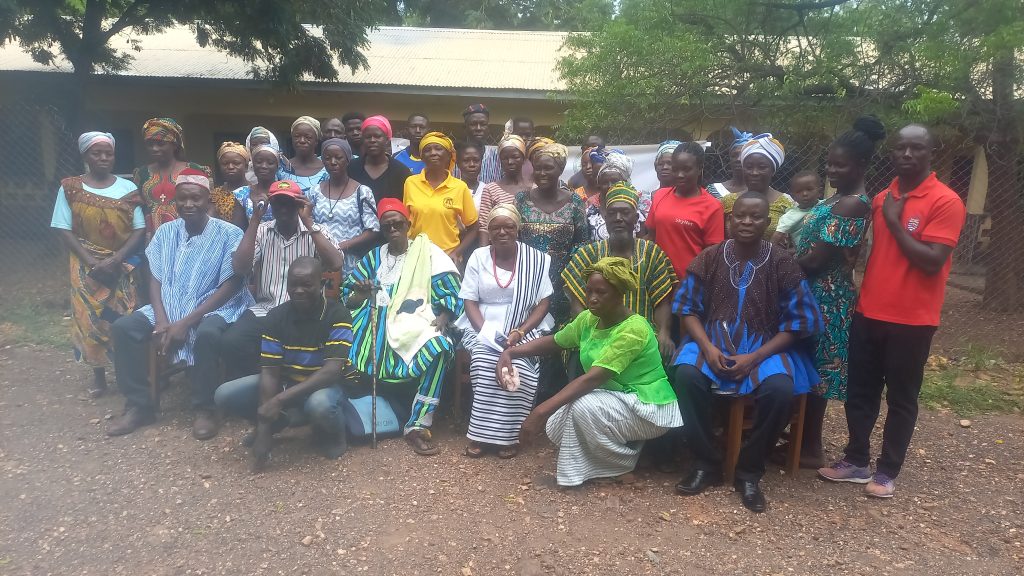By Anthony Adongo Apubeo
Kongo (U/E), Oct. 09, GNA – The Northern Patriots in Research and Advocacy (NORPRA), a Non-Governmental Organisation, has begun a project in the Nabdam District of the Upper East Region, to empower communities to adapt to the impact of climate change.
The project dubbed “Community Adaptation for Sustainable Livelihoods (CASL),” with funding support from the West African Science Service Centre on Climate Change and Adapted Land Use (WASCAL), is supporting women groups from Kongo and Zanlerigu, two farming communities in the district to venture into poultry and guinea fowl rearing, as well as dry season vegetable production.
Each of the women groups from the two communities received an incubator with the capacity of hatching 1,056 eggs at a time and GH₵1,500.00 to buy eggs to start production.
The Zanlerigu community was also supported with a mechanised borehole to provide water during the dry season, to support the women in their vegetable production during the lean season.
The project is also training the women groups on agro-processing, to build their capacities towards the production of high-quality products to both local and international markets.
At an inception meeting at Kongo to present the items to the community, Mr Bismark Ayorogo, the Executive Director of NORPRA, said the project sought to support the women and vulnerable communities to adapt to the impacts of climate change on their livelihoods.
The Executive Director said, that in 2023, the Ghana Statistical Service named the Nabdam District as the poorest district across the country, while age and gender analysis revealed limited opportunities for its residents to engage in productive ventures.

“One of the main drivers of poverty and unemployment in our part of the world where agriculture is the main source of livelihood, is climate change,” Mr Ayorogo stated.
He said the impact of climate change which included drought, made it quite challenging for farmers in the northern part of the country to access more technology and develop underground water facilities to engage in farming during the long dry season effectively.
Mr Ayorogo said it was hoped that the project would contribute to improving agricultural productivity, food security and incomes of vulnerable households for better livelihoods.
“It is expected that the women and youth beneficiaries of the project will make good use of the incubators, mechanised borehole and the knowledge and skills of agro-processing to improve agricultural productivity, value chain and food security and increase their incomes and resilience by 2025,” he added.
Poganaba Elizabeth Atubga, the Queenmother for the Kongo community, receiving the items thanked NORPRA and its partners for the intervention and said the project would go a long way to provide alternative livelihood opportunities for the women during the dry season and empower them economically.
She said many women in the area used to travel down south during the dry season to engage in menial jobs due to lack of employment and believed that the project would help curb rural-urban migration.
Ms Edna Babom Zuremah, a member of the Zanlerigu women’s group, said the dry season vegetable production would not only help to expand their farms and boost household nutrition consumption but would increase their income levels from the sales of these products.
GNA